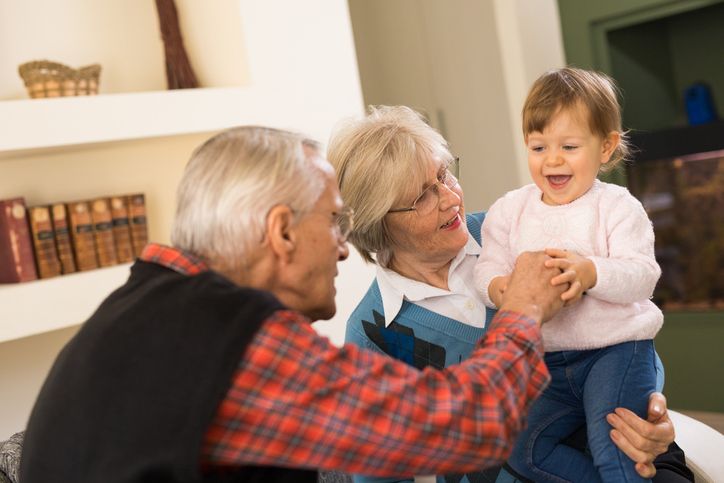Seniors
Want to learn more about this at Kettering Health?
Respiratory syncytial virus (RSV) has had families and pediatricians concerned for years. Found in 1957, the highly contagious lung infection tends to aggressively spread in the winter, sending thousands of children younger than five to the hospital.
But in recent years, the “when” and “who” of RSV’s spread has changed. RSV cases have been surging in the late summer, and it’s becoming more of a risk for other age groups—particularly those 60 years old and older.
RSV and older adults
“This infection is considered ‘novel,’ or new, in senior adults,” says Dr. Carlos Ventura, a geriatrician at Kettering Health Years Ahead in Kettering. “For the last two years, we’ve seen more cases in the older population.”
Among older adults, RSV cases have increased nearly 10-fold over the past couple of years. An estimated 177,000 adults older than 60 are hospitalized each year with an RSV infection. And as many as 14,000 die from infections and complications.
Because RSV has long been a danger to children, it has not been as widely discussed among older adults. But as the overall U.S. population ages, meaning more citizens coping with weakened immune systems, RSV has become more of a threat.
“Most older adults are not aware of their vulnerability because it has not been as much of a problem in the past,” says Dr. Ventura. Additionally, studies show that the virus may change over time, too, much like COVID-19 has variants and the flu has strains. So “the many virus mutations we’re seeing nowadays,” says Dr. Ventura, adds to its increased risk.
An overlap of surges among the flu, COVID-19, and RSV—often referred to as a “tripledemic”—has had doctors and health officials concerned during the colder months of the last few years. While the flu and COVID-19 are dangerous and should be protected against, it’s just as vital to know how to protect against the spread of RSV.
The spread and symptoms of RSV
RSV spreads the same way as other respiratory viruses: from “particles” we breathe and germs we move around on our hands. Some of the ways to avoid its spread, then, are the tried-and-true tactics of healthy living
- Hand washing and mask wearing
- Avoiding touching your face
- Limiting contact if you’re sick or know someone who is
- Keeping commonly touched surfaces and objects clean.
In May 2023, the U.S. Food and Drug Administration (FDA) approved the first RSV vaccine for adults 60 years and older. Available at local pharmacies, the single-shot vaccine helps prevent RSV-caused respiratory infections—like bronchitis and pneumonia—or respiratory failure.
Symptoms of RSV are similar to other respiratory viruses, including
- Wheezing and shortness of breath
- Sore throat and cough
- Sneezing and congestion
At the first sign of symptoms, Dr. Ventura says, see a doctor, especially if you or a loved one has underlying health concerns like heart or lung disease. Because RSV’s symptoms are similar to other viruses, “rapid consultation is recommended. There is specific viral testing available. Our goal is to avoid hospitalization and respiratory failure with symptom control through a supportive care plan.”









